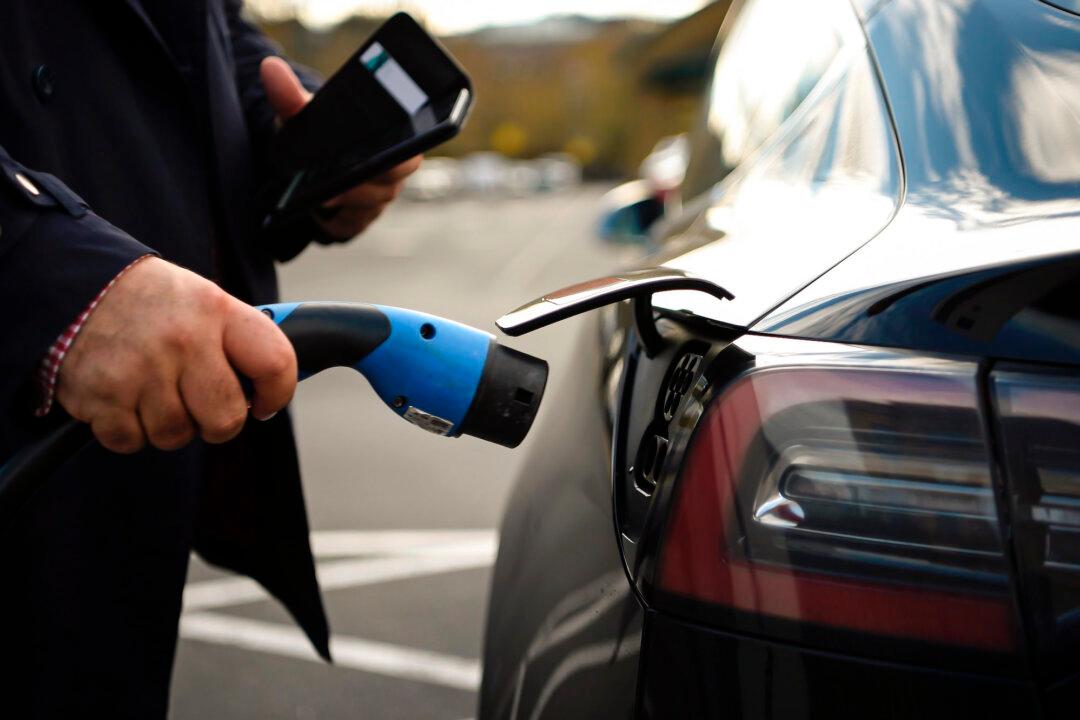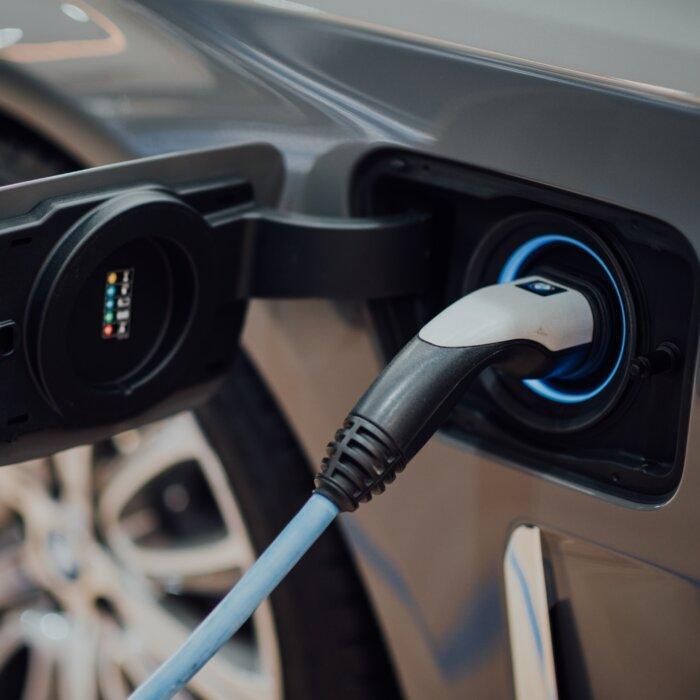A report by car insurance brokers has revealed that average premiums for electric vehicles are substantially higher than for traditional cars.
Britons, driving electric cars, saw the average electric vehicle (EV) premiums increase 50 percent across 2023.
Last year, the price for EV premiums climbed from £896 to £1,344. Meanwhile, the cost of insuring a traditional car still remained some £668 less expensive per year.
The increase in rate for EV drivers was attributed to higher claims frequency and higher average cost per claim. The claim frequency on electric cars was 26 percent higher than on petrol and diesel cars, according to data provided by Howden Insurance Brokers.
Higher cost of repairs, higher frequency of claims and a higher average cost per claim drove the price increase, the group said.
It reported that average cost per claim for accidental damage was 35 percent higher for EVs than for internal combustion engine (ICE) cars.
Electric cars generally have more safety features and driver assistance, resulting in less frequent injury claims, the group said. However, EV batteries are very expensive and prone to damage, requiring repairers with specialist equipment, it added.
When EVs break down owing to accidental damage, it typically costs the drivers 35 percent more per claim than it would for owners of traditional cars.
British breakdown cover and car insurance company the RAC explained that EVs are equipped with technology that usually costs more to fix or replace.
Zero Emission Vehicle Impact
With new zero emission zones and the 2030 combustion engine ban on the horizon, the pressure is high on drivers to switch from traditional cars to electric.The zero emission vehicle (ZEV) mandate, set out by the government, requires 80 percent of new cars and 70 percent of new vans sold in the UK to be zero emission by 2030, increasing to 100 percent by 2035.
Last year, Prime Minister Rishi Sunak pushed the ban on petrol and diesel cars back until 2035. The government said that its decision will make the transition for consumers easier and will allow more time to develop charging infrastructure.
In the meantime, consumers already burdened by the high cost of living are facing higher insurance costs for EVs, which could add hurdles to making the switch from traditional cars.
The Society of Motor Manufacturers and Traders (SMMT) has called on the government to slash VAT on electric car purchases for three years. This would help consumers with costs and the requirement to meet the new government targets, said the head of SMMT, Mike Hawes.
The pressure of the ZEV mandate is likely to lead to more competitive prices this year, as sellers look to win over retail buyers.
The pricing gap gives Chinese entrants the upper hand “to take on established Western brands in the UK,” the vehicle marketplace said.
Despite the possibility of lower prices on EVs in the UK market in the future, consumers and industry experts continue to raise safety concerns when it comes to electric vehicles.
These include fire risks related to lithium batteries that power EVs, as well as questions about whether EV software is hacker resistant.







